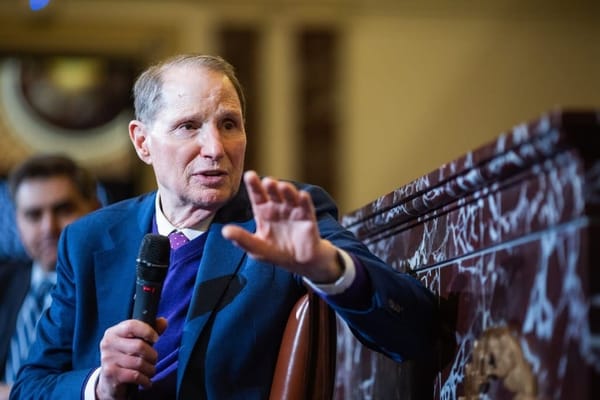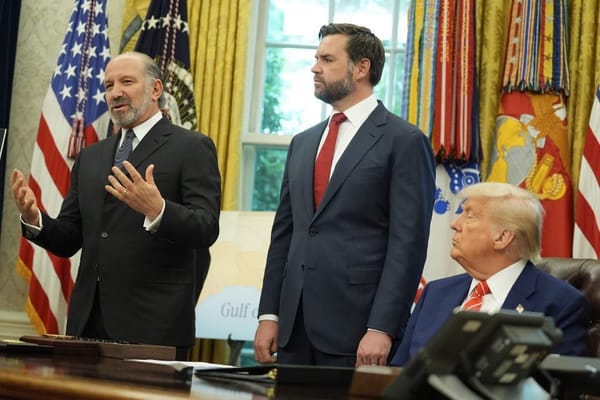BEAD Guidance to States Delayed Until Summer
States had been expecting an update this month.
Jake Neenan

WASHINGTON, May 9, 2025 – States have been expecting updated guidance from the Commerce Department on a $42.45 billion broadband expansion plan by the middle of this month. That guidance appears to have been delayed until June or July.
The delay was first reported in a Thursday research note from Blair Levin, policy analyst at New Street Research and former FCC chief of staff in the Clinton administration. People familiar with the matter confirmed that Commerce had communicated this to state broadband offices, the entities administering the program.
“It now appears,” Levin wrote, that the results of a federal review of the program “will not become public until June or even July.”
The Trump administration is planning to alter the Broadband Equity, Access, and Deployment program to remove various diversity requirements it is ideologically opposed to and to make it more “technologically neutral” – the administration and GOP leadership have criticized BEAD’s preference for fiber.
It’s not clear whether the newly delayed guidance will call for sweeping changes to the program that could require states to redo some of their grant application work. More than 40 states have started accepting bids from ISPs seeking deployment grants, with many well into the process of selecting winners.
Three states – Louisiana, Delaware, and Nevada – received federal approval on their BEAD grants under the Biden administration, but their funding has been held up in a budgetary review since President Donald Trump took office.
“The Commerce Department wants to do more than simply remove the requirements that they don’t like. After all, if that were all it wanted to do it could have done so quickly and avoided the potential political pain,” Levin wrote.
Doing more, according to Levin, would most likely entail setting a blanket per-location spending cap, above which states would not be able to fund fiber. That would effectively force funds that states would otherwise have spent on fiber to go toward the less expensive fixed wireless or satellite.
That’s not something many states, ISPs, or lawmakers, including some Republicans, are excited about. A string of BEAD participants, contractors, and other stakeholders have been imploring Commerce Secretary Howard Lutnick to let the program move forward and preserve state control.
Senators pressed Arielle Roth, Trump' s nominee to head the National telecommunications and Information Administration, the Commerce agency handling BEAD, on the location cap issue last month.
“If confirmed and the issue of a per-location cap were to come up, I would consult with legal counsel, NTIA’s career staff, state broadband offices, and industry stakeholders, as appropriate,” Roth answered. “Moreover, a per-location cap, should it come up, would need to account for consideration of high-cost areas, including high-cost Tribal areas.”
Sen. Shelley Moore Capito, R-West Va., expressed concern about the prospect when she wrote to Lutnick earlier this week urging him to expedite the release of new guidance.
“I also am concerned that an arbitrary one-size-fits-all cost cap could be imposed for each connection,” she wrote. “West Virginia is the Mountain State, so connecting us may be inherently more expensive than most every other state. In addition, certain technologies are not feasible in many areas not only due to our challenging topography but also because 78 percent of the state is forested.”
Gov. Patrick Morrisey (R-W.Va.), was given a 90-day deadline extension to conform the document to the Trump administration’s priorities after a late March meeting with Lutnick. West Virginia had finished its final spending plan. Its 90-day extension was later extended to all states and territories.
All that doesn’t necessarily mean Commerce is certain to upend BEAD, Levin wrote.
“We think the cost to the Commerce Department of doing more, by forcing a rebid process and having a federal high-cost threshold, is rising,” he wrote. “By June or July, the politics may have shifted for the Trump Administration such that further delays in broadband funding may carry an unacceptable political risk.”
NTIA did not immediately respond to a request for comment.









